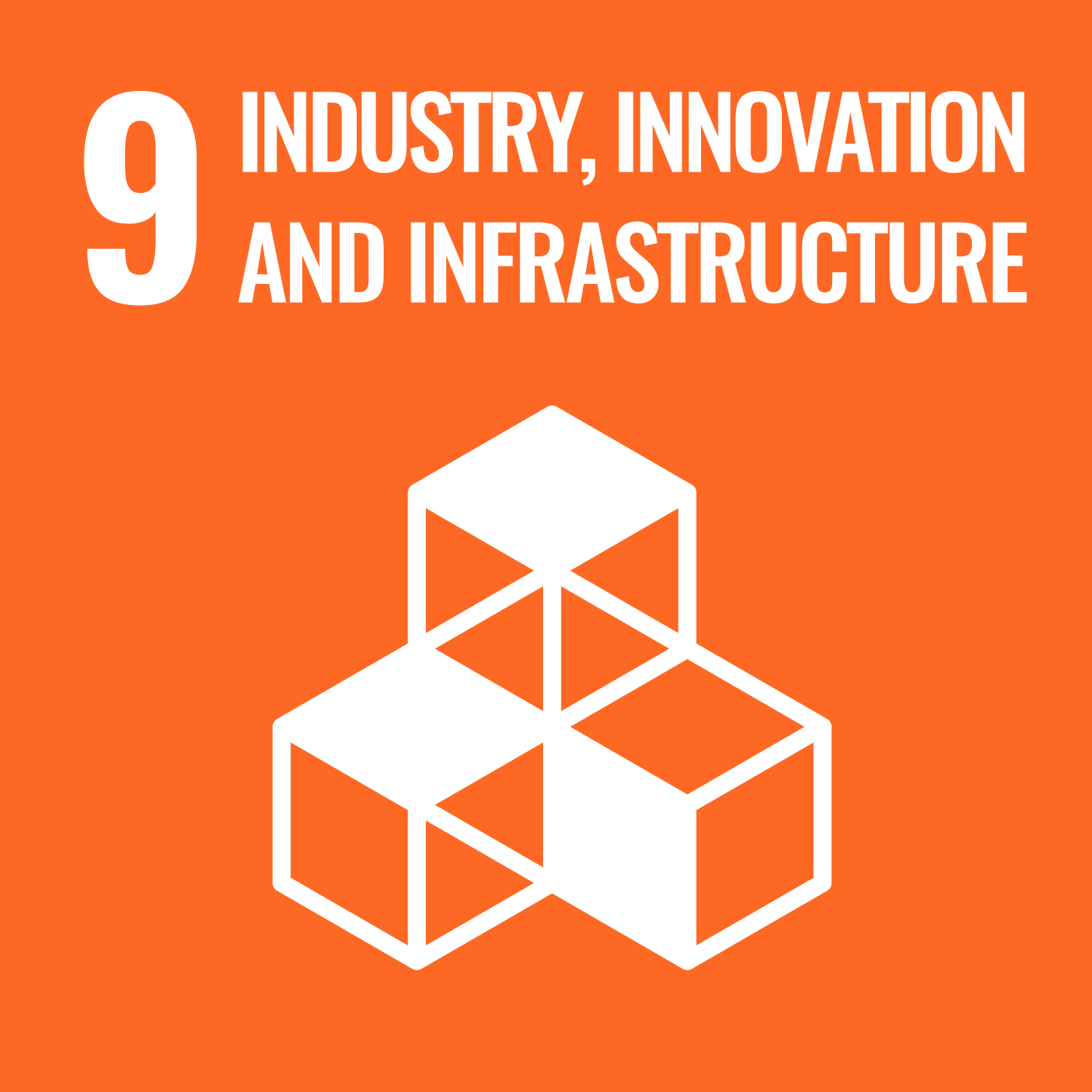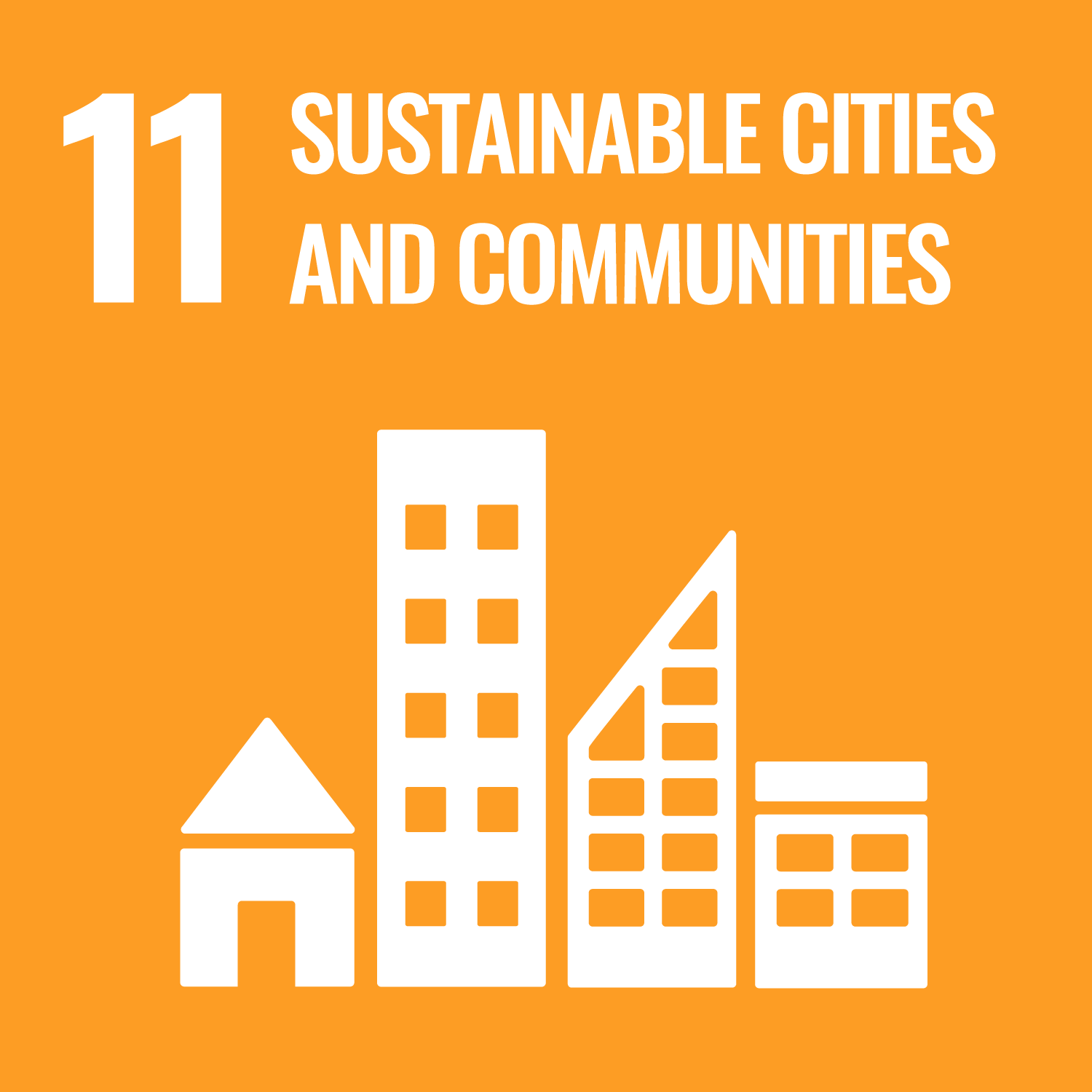ORCID
- Katharine Willis: 0000-0001-9988-1933
- Ashita Gupta: 0000-0002-9194-1791
Abstract
Green infrastructure, particularly public greenspaces such as urban parks, plays an important role in urban environments, and improving public participation in greenspace practices and encouraging environmental stewardship can help to address some of the challenges of greenspace governance. We identify a gap in the research as to whether participation in citizen science projects can enhance connections between people and place and encourage better community participation in the stewardship of parks and urban greenspaces. The research adopts a Living Lab approach to utilise the inherent knowledge of the local community in developing digital experiments in the pilot site using a Nature Data Probe toolkit and seeks to explore its potential for enhancing nature connectedness by revealing hidden nature. We describe an action research method working with participants from a secondary school located close to a large urban park in Plymouth, UK. The results found that participants were more observant of hidden nature following the workshop and that an increase in the number of participants, and in the specific and descriptive responses identifying nature, was observed. These findings indicate that a deeper awareness of the natural environment was created and, in summary, we discuss the implications of this as a pathway to increased participation in greenspace governance.
DOI Link
Publication Date
2023-06-21
Publication Title
Sustainability
Volume
15
Issue
13
ISSN
2692-2924
Acceptance Date
2023-05-30
Deposit Date
2023-06-16
Embargo Period
2023-07-05
Recommended Citation
Willis, K., & Gupta, A. (2023) 'Place-Keeping in the Park: Testing a Living Lab Approach to Facilitate Nature Connectedness in Urban Greenspaces', Sustainability, 15(13). Available at: 10.3390/su15139930




